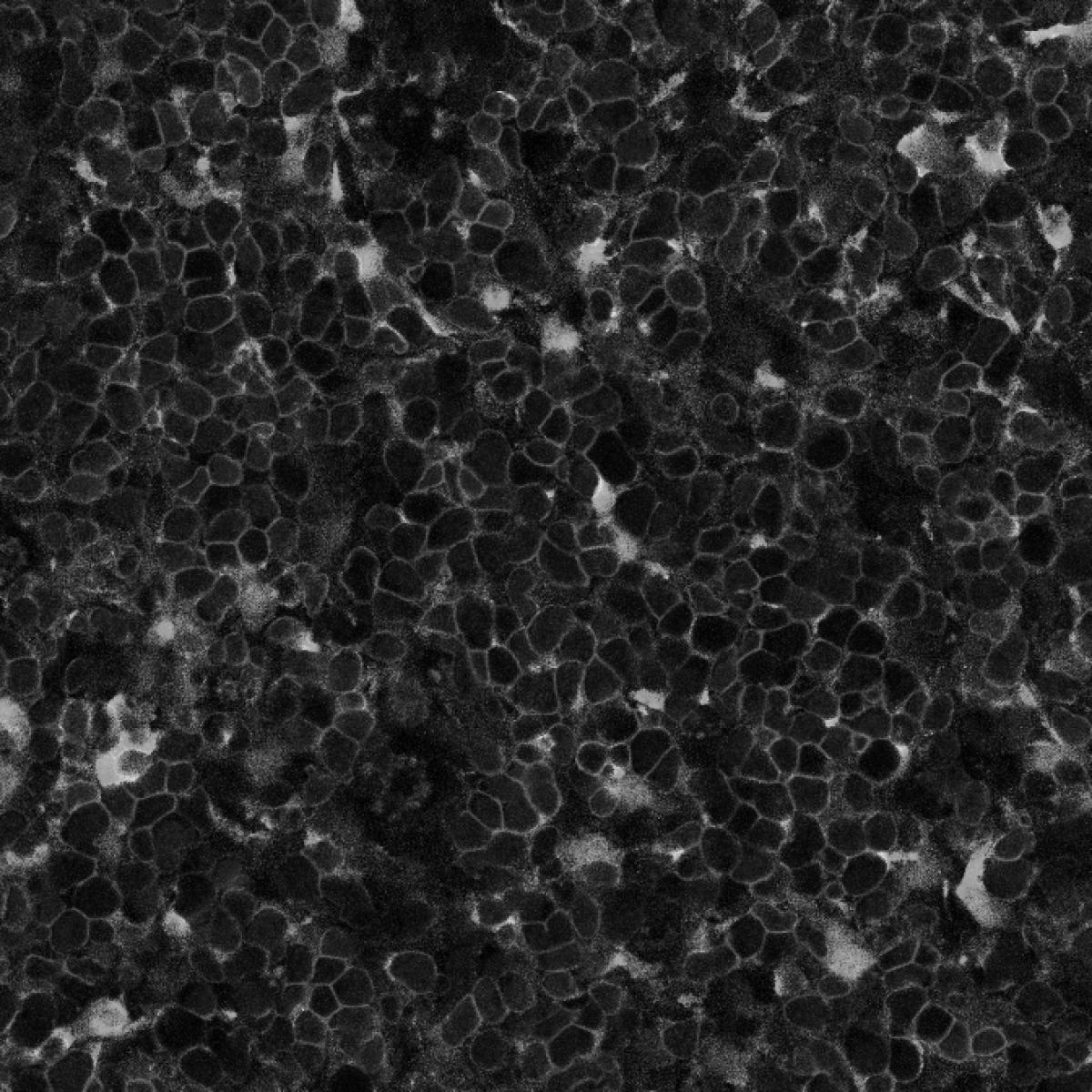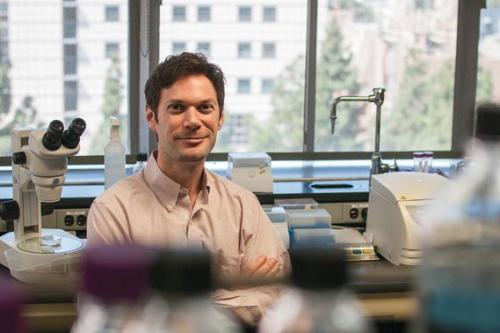
Patrick Allard, Ph.D.
- Professor, Institute for Society & Genetics

Patrick Allard, Ph.D., studies how environmental stressors affect complex biological phenomena such as reproduction and aging. He seeks to understand how the environmental exposures we experience throughout our lives — and even those experienced by our ancestors — can impact our health outcomes.
Allard’s work resides at the intersection of genetics, epigenetics, developmental biology and environmental health. He utilizes multiple model organisms and systems including small animal models, stem cells and human studies to elucidate the impact of environmental exposures on biological function across the lifecourse and across generations. Such exposures include arsenic, alcohol, e-cigarettes and chemicals such as BPA.
Allard has shown that state-of-the-art genomics and cellular approaches can be powerful tools to identify the epigenetic requirements behind the transgenerational reproductive impacts from environmental exposures. He has also contributed to the development and application of New Approach Methods to identify environmental chemicals that can cause reproductive toxicity.
Research Projects
- Investigating how environmental exposures A wide range of external and internal factors that impact human health. External exposures include chemical pollutants, radiation, diet and social interactions. Internal exposures involve stress, metabolism and the microbiome. Researchers study the exposome, which encompasses all exposures throughout life, to understand disease risk. environmental exposures A wide range of external and internal factors that impact human health. External exposures include chemical pollutants, radiation, diet and social interactions. Internal exposures involve stress, metabolism and the microbiome. Researchers study the exposome, which encompasses all exposures throughout life, to understand disease risk. impact the epigenome The network of chemical compounds surrounding DNA that can influence gene expression without altering the underlying DNA sequence. Changes in the epigenome can be influenced by the environment and can play a role in a person's health and disease. epigenome The network of chemical compounds surrounding DNA that can influence gene expression without altering the underlying DNA sequence. Changes in the epigenome can be influenced by the environment and can play a role in a person's health and disease. — and therefore biological function — throughout a person’s lifespan and across generations
- Utilizing stem cells Cells that have the ability to differentiate into multiple types of cells and make an unlimited number of copies of themselves. stem cells Cells that have the ability to differentiate into multiple types of cells and make an unlimited number of copies of themselves. to understand how chemicals such as BPA and BPA substitutes can negatively affect the germline, which when disrupted, can lead to birth defects or otherwise affect the health of future children
- Developing technologies that can rapidly and reliably determine whether untested chemicals in the environment are safe, focusing on improving toxicity testing methods
- Identifying how chemicals in the environment affect the aging process and, in turn, how aging affects an organism's response to its chemical environment
-
Post-doctoral Fellowship
- Genetics, Developmental Biology and Toxicology, Harvard Medical School, 2012
Degree
- Ph.D., Genetics and Reproductive Biology, McGill University, Canada, 2005
-


